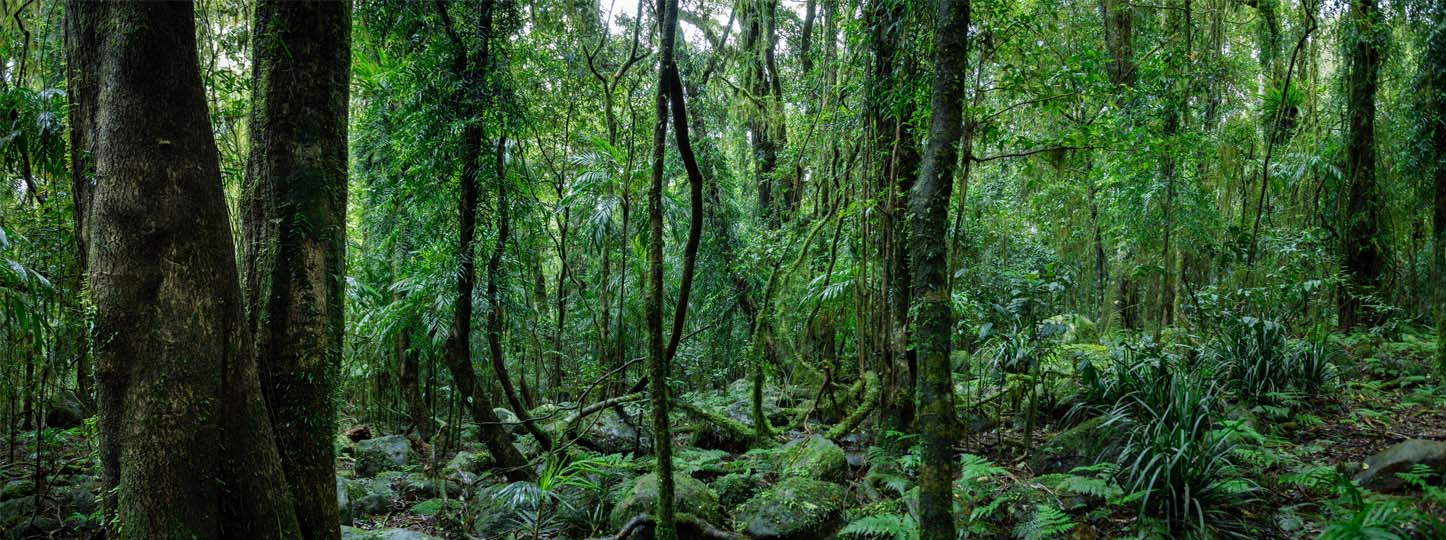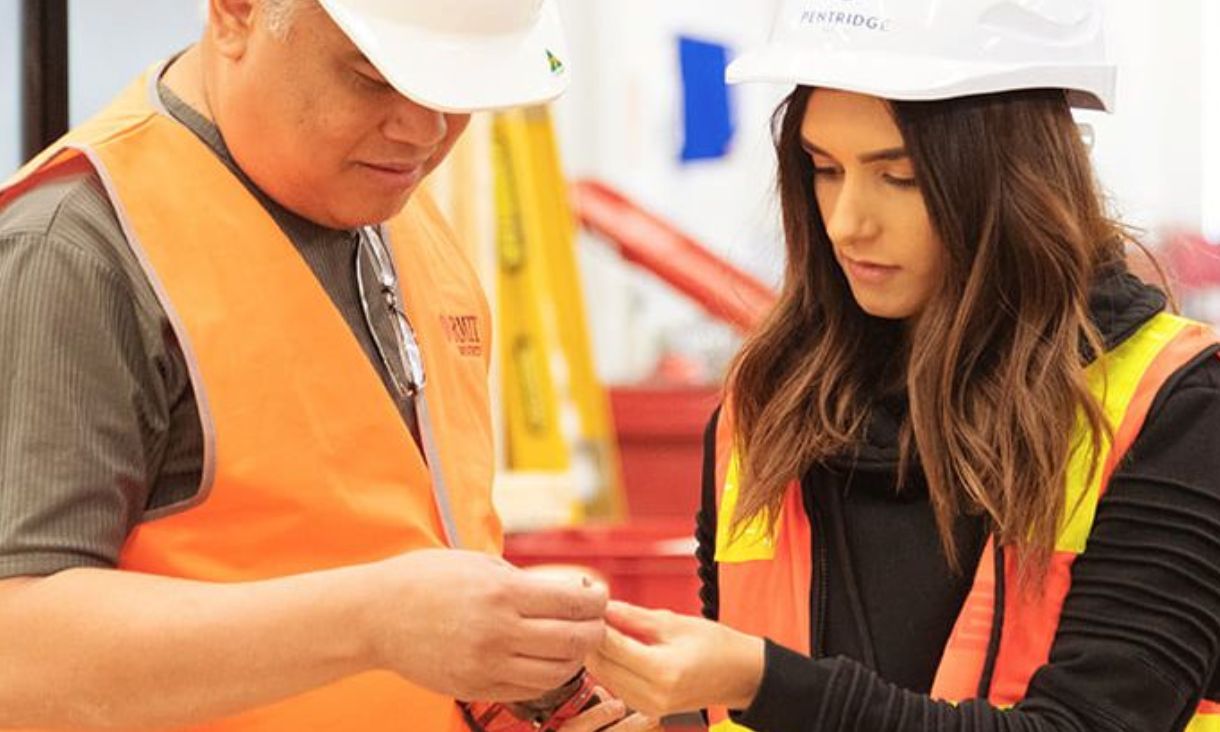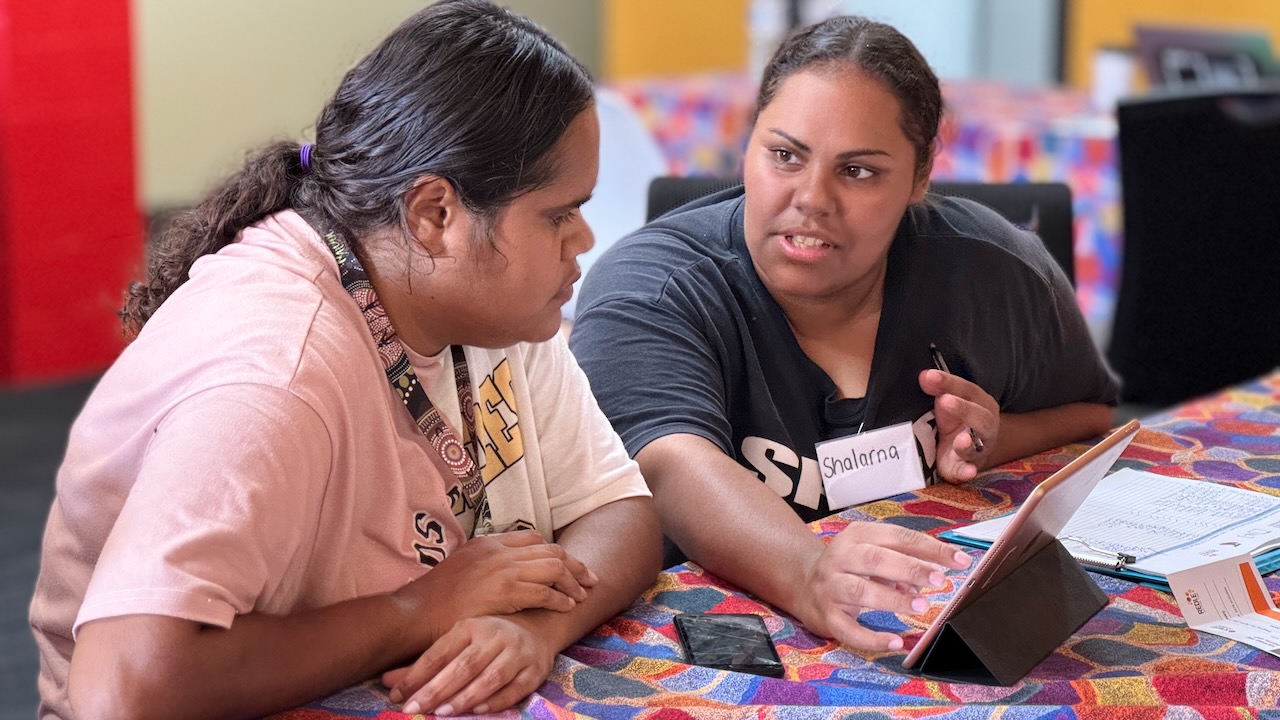Professor Sarah Bekessy, Convener of ICON Science at RMIT’s Centre for Urban Research (0425 828 471 or sarah.bekessy@rmit.edu.au)
Topics: biodiversity extinction crisis, environment, species extinction
“Australia continues to be a world leader in species extinctions. The biodiversity extinction crisis was brought to the attention of many Australians with the release of the Federal State of the Environment Report.
The scale of the loss since the last report is striking. 202 new plant and animal species were added to the threatened species list, including once common species such as koalas, gang-gang cockatoos and bogong moths.”
“Human behaviours are the root cause of the extinction crisis, but it follows that human behaviours are key to finding solutions.
“Many of our everyday actions have both positive and negative biodiversity impacts. There are alternative ways to build a home, plant a garden, drink coffee and care for pets that benefit, rather than diminish our natural heritage.”
Professor Sarah Bekessy is the Convener of ICON Science at RMIT’s Centre for Urban Research. She teaches Sustainability and Urban Planning in RMIT’s School of Global, Urban and Social Studies.
Dr Holly Kirk, Research Fellow at ICON Science (0472 518 352 or holly.kirk@rmit.edu.au)
Topics: Ecology in urban birds, environment, insect migration, ecosystems
“Our cities are growing and intensifying, driving habitat loss and fragmentation. As we fill-in our inner suburbs and expand at the edges, we lose the precious old trees and remnant native vegetation that provided refuge for birds, bats, bees and butterflies. When we lose this everyday nature, we damage our urban ecosystem and lose the health benefits that biodiversity brings.”
“Small spaces like urban backyards, courtyards and balconies can have a big positive impact for urban nature. If everyone made a few changes - planting flowering shrubs, providing water or shelter, then many of our animal neighbours would be able to survive alongside us in the big city.”
“Many native flowering plants grow just as well in pots on a balcony as they do in the ground, providing an amazing food supply for beautiful native butterflies, bees and birds.”
“As warmer weather approaches, create a reliable water supply for thirsty critters by filling a shallow dish - don't forget to add a few stones or a stick so animals can easily get in and out of the water."
Dr Holly Kirk is a Research Fellow at RMIT’s School of Global, Urban and Social Studies. She is currently working in the ICON Science group investigating movement ecology in urban birds.
Dr Pia Lentini, Senior Research Fellow in the School of Global, Urban and Social Studies (0402 288 673 or pia.lentini@rmit.edu.au)
Topics: urban ecology, human-wildlife conflict, biodiversity policy, bats.
“Even something as harmless and enjoyable as your morning cup of coffee could be linked to the global extinction crisis.”
“There is more demand than ever for coffee. In some of the most biodiverse areas of the world, farmers are switching to more environmentally damaging techniques to grow coffee, and encroaching on forests, to meet the growing demand.”
“Choosing responsibly sourced coffee, and asking questions about where it was grown, whether the farmer was paid a fair price, and what the impacts on the local environment are can help ensure the ongoing sustainability of the local communities and wildlife that support our coffee drinking habits.”
Dr Pia Lentini is a Senior Research Fellow in RMIT’s School of Global, Urban and Social Studies with ICON Science. Her current research focusses on reducing the biodiversity impacts of the coffee supply chain.
For media enquiries, please contact RMIT Communications: 0439 704 077 or news@rmit.edu.au

.jpg)


